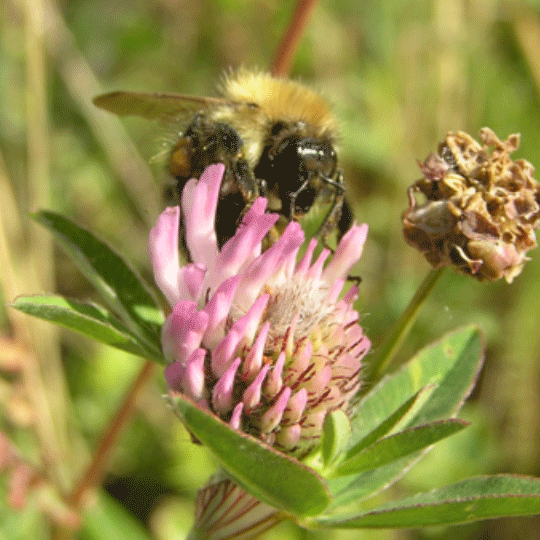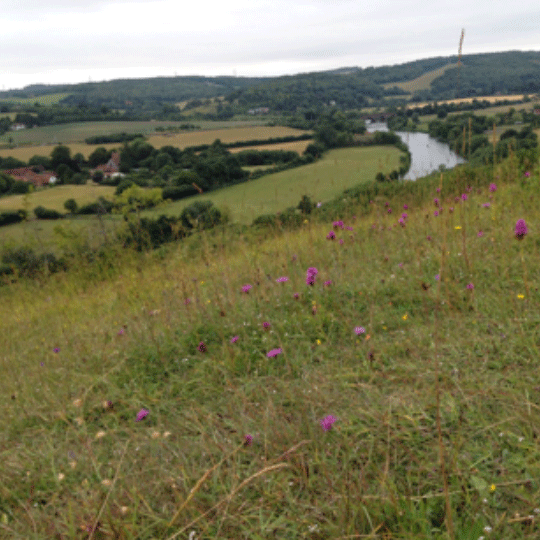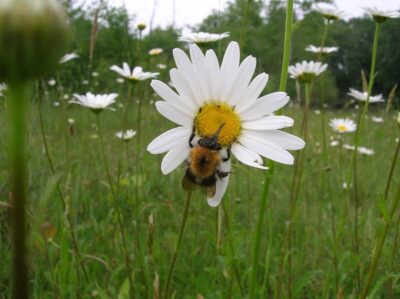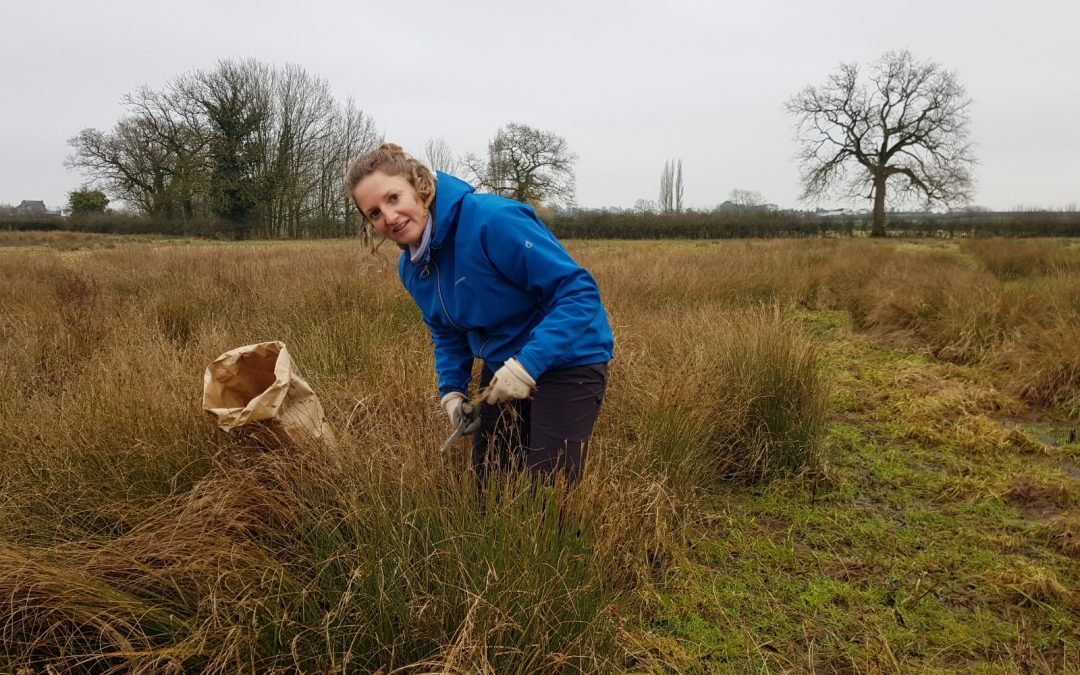Why are local provenance wildflowers important?
British native provenance means that it has originated from native plants growing in natural or semi-natural habitats in the wild in Britain. It is recommended for restoration or re-creation of all species-rich, semi-natural grasslands.
- Seed of British native origin will better represent the genetic diversity and adaptive capacity of wild plants when compared with imported stock from Europe or with agricultural or amenity varieties.
- The use of seed that is not of British native origin can cause problems in semi-natural habitats. Differences in flowering time or growth form can have knock-on effects on pollinators. Large-scale introductions may affect these traits in neighbouring populations of wild plants through genetic mixing.
- Agricultural or amenity plant varieties tend to be introduced in agricultural or commercial non native seed mixes and examples include red clover, salad burnet, common vetch, sainfoin and less commonly kidney vetch. Red clover agricultural varieties flower later than British native stock and also the corolla tubes are a different length making them less suitable for many of the bumblebee species that co-evolved with our native red clover. These varieties tend to be much larger, later flowering and shorter lived than our native varieties. These varieties have higher nutrient requirement thriving in more fertile soils and can outcompete smaller native wildflowers in fertile soils.
- Local provenance is largely recognized within National character areas (NCA’s), which reflect local geology and soils, topography and natural habitats present.This is a more useful classification than county administrative boundaries, but county level local provenance is sometimes stated for local provenance seed origin. The local character areas that surround our wildflower nursery are the Severn and Avon Vales, South Herefordshire and Over Severn and the Forest of Dean and Lower Wye, which are the main focus of our seed collection sites.
- Local provenance provides further adaptive variation to local soil type, environmental conditions and management regimes. Therefore when harvesting seed the donor and recipient site should be matched as close as possible. For example, common reeds that grow in saline conditions in estuaries will have evolved genetic adaptations to higher salt tolerance than reeds growing in fresh water. Devil’s-bit scabious grows in wet acid soils and also calcareous dry soils and therefore harvesting seed from a dry calcareous grassland and spreading on a wet acid grassland could reduce to chances of this plant establishing in this new environment.





Very interesting about the latter flowering clover.
Provence matters!
Will remember! And one day will buy some plugs.
Hi Sadie, glad you liked the blog and thanks for reading! More to come soon. We’ll do a tree/wildflower swap!